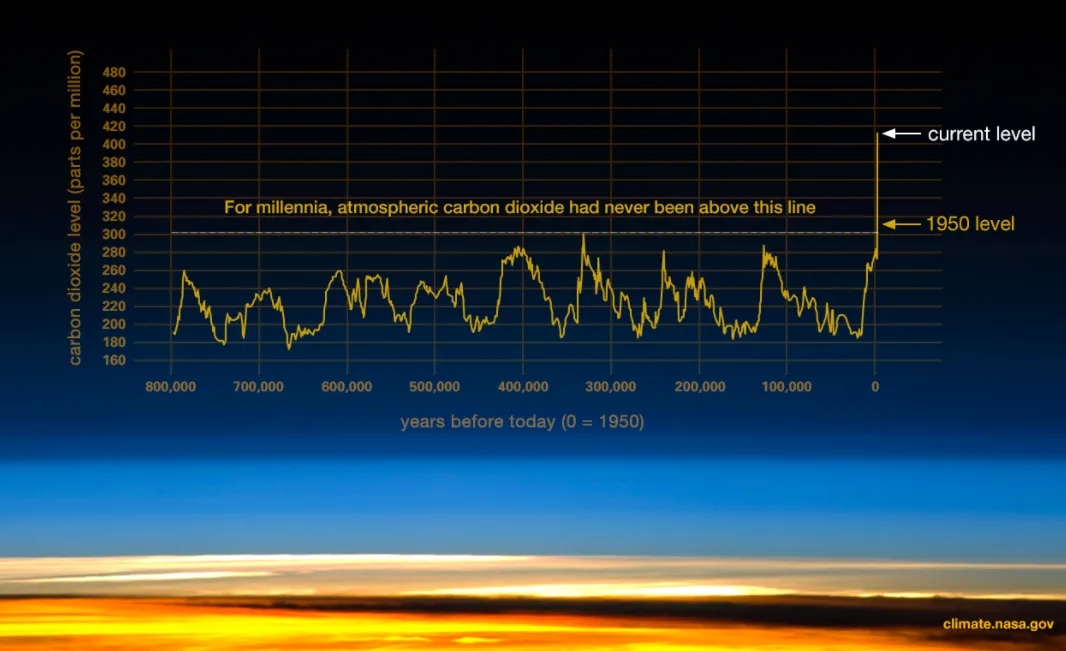
COVID-19 response shows there's hope for fighting climate change, experts say
While many countries are investing in the global expansion of renewable energies, many are allocating large portions of their budgets to the fossil fuel industry.
For many governments around the world, COVID-19 has forced the injection of tens of millions of dollars into their economies to maintain quality of life and prevent several industries from crashing. On a global scale, some estimates say the economic stimulus funds are about 15 per cent of the global gross domestic product (GDP), a value several times higher than what many countries invested into refloating their economies about a decade ago during the 2009 financial crisis.
Amidst the sudden decisions to deploy historic economic stimulus funds, experts say the current efforts of many countries to fight climate change in order to reach the Paris Agreement are still insufficient. With the policies that are currently in place, we are headed for a 3°C warming compared to pre-industrial levels. While a few degrees might not sound like much, climate scientists agree that this is a scenario that would be devastating for our planet and could cause more suffering than the COVID-19 pandemic.
“When disaster strikes, it is human nature to worry only about meeting our most immediate needs, especially when the disaster is as bad as COVID-19. But the fact that dramatically higher temperatures seem far off in the future does not make them any less of a problem — and the only way to avoid the worst possible climate outcomes is to accelerate our efforts now,” stated Bill Gates in a letter he published that emphasizes the need for climate action.

Atmospheric samples found in ice cores and more recent direct measurements show that the amount of carbon dioxide in the atmosphere has increased since the early 1900s. (Credit: Luthi, D., et al.. 2008; Etheridge, D.M., et al. 2010; Vostok ice core data/J.R. Petit et al.; NASA)
Recent studies have also shown that the reduction of emissions since the widespread lockdowns began will not have long-term detectable climate effects. However, experts say that the pandemic shows signs of hope for our ability to fight climate change.
A group of international scientists have determined what we need to do to limit warming to 1.5°C above pre-industrial levels. Their research, published in Science, indicates that close to $1.4 trillion USD globally per year between 2020 and 2024 would be needed for each country to reach the Paris Agreement.
If we soon apply solid measures to stimulate a more sustainable economy, we could significantly reduce long term emissions and lower global warming by 0.3°C by mid-century. This proposal would mean that about 10 per cent of the stimulus packages annually invested would be sufficient to support the implementation of renewable energy sources like solar and wind. However, many countries were already investing part of their annual budget for clean energy prior to COVID-19, so decarbonizing their energy systems would not require the full 10 per cent of the estimated stimulus.
While many countries are working towards a green energy renaissance, a large portion of their budgets are still being used to fund the fossil fuel industry. The researcher’s key message is that the world needs their fossil fuel investments to shrink at the same pace as the growth of renewables, if not faster.












